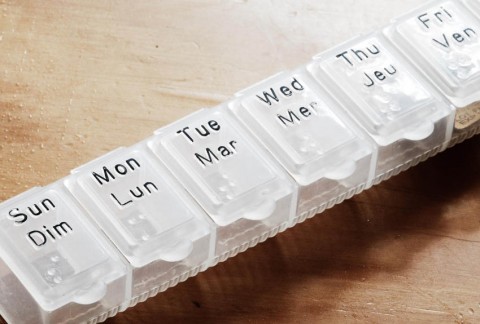Did you know that Borderline Personality Disorder (BPD) impacts between 2% and 5% of Australians? Despite its prevalence, BPD still faces significant stigma and misunderstanding. In this post, we're diving into BPD to help shed light on this often-misunderstood condition. We'll explore what BPD is, what triggers its symptoms, debunk some common myths, and offer insights into managing and finding support for those affected.
The SANE Blog
Online community spaces are vital places for health advocates to find a sense of connection, belonging and support. If you have an online advocacy platform, you are no doubt aware that audiences are as diverse as the needs and conditions they advocate for. It is therefore essential to recognise that there are inherent tensions in online communities...
When it comes to mental health, we all tend to diagnose people from a distance from time to time. It doesn't necessarily come from a bad place. Sometimes it comes from a place of curiosity, empathy, or thinking you can help another human being out by sharing what you've observed about their behaviour. After all, it can be hard to speak up about men...
Does owning a pet have a positive impact on your mental health?
It seems research is mixed when it comes to this question and the benefits aren't always black and white.
So to help shine an anecdotal lived experience light on the issue, we asked our community, 'What are the mental health benefits of owning a pet?'
Psychiatric medications, also known as psychotropic medication, play an important role in the treatment and management of mental illness.
Yet despite being commonplace, there are many myths surrounding the use and effectiveness of psychiatric medication.
What advice would a man give other men who are experiencing mental health issues? And how can family or friends support?
Five SANE Peer Ambassadors share their tips. Advice for men, from men, who know what it's like to live with and manage a mental illness.
People take psychiatric medications for a variety of conditions and for varying lengths of time – sometimes indefinitely. So it is not unusual for some people to consider coming off their medication, especially if they are feeling better or the side effects are making life difficult.
How does the way we think influence the way we feel? What goes on in our minds – both consciously and unconsciously – and how do our thoughts impact on our mental health?
Maybe you’ve reacted to events in ways that cannot be explained rationally and just seem to make everything worse. You’ve probably felt confused and frustrated by your actions or emotional responses.
If you’ve ever felt like this, there are ways to better understand and manage your reactions.
When someone experiences a mental health crisis, the treatment they receive often excludes them from the decision-making process. This can result in isolation, increasing their distress and aggravating symptoms.
So is this the best way to respond to a mental health crisis? And why isn’t the patient and their family consulted and included in the decision-making?








